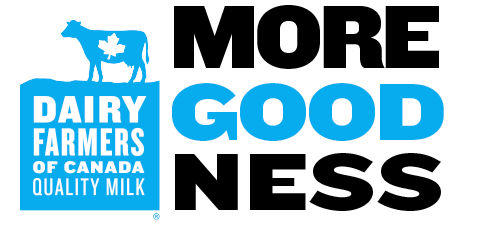The report by the FAO of the United Nations reveals that incorporating milk products, into a healthy diet can play a significant role in meeting nutrient requirements which is important to promote optimal growth, development and health.
The nutrients in milk products
Milk provides 15 essential nutrients, including complete protein. Additionally, milk is an easily absorbable calcium source, as well as a precious contributor of vitamin D, both of which are needed for optimal bone health.
Think these nutrients are easily obtained from other foods? Recent data from Canada's Community Health Survey, conducted by Statistics Canada and Health Canada, reveals a concerning decline in calcium intake across an 11-year span, coinciding with reduced dairy consumption. Consequently, 68% of Canadians do not consume enough calcium. Consuming milk every day is also a key factor in maintaining higher vitamin D body levels according to Statistics Canada’s Canadian Health Measures Survey. Alongside calcium and vitamin D, milk provides four other indispensable nutrients often lacking in diets: vitamin A, magnesium, zinc, and potassium.
Milk products: an important ally
Incorporating dairy products into your daily diet throughout your life can help fulfill your nutrient needs, particularly those challenging for many Canadians.








